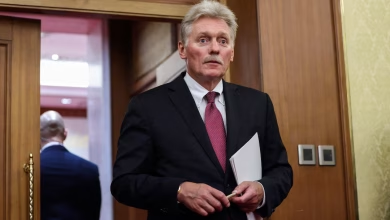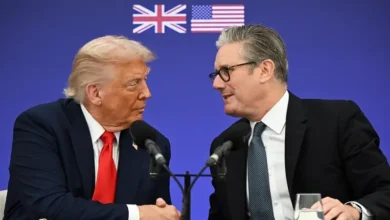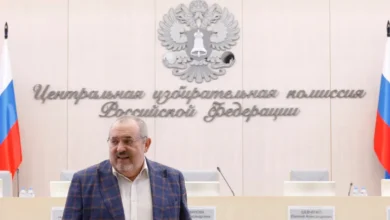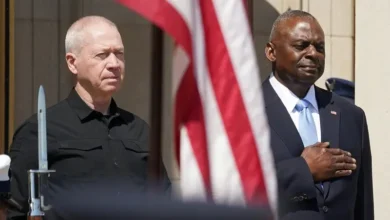What are the Hidden Agendas Behind the United States and the West’s “Peace Summit” in Switzerland?
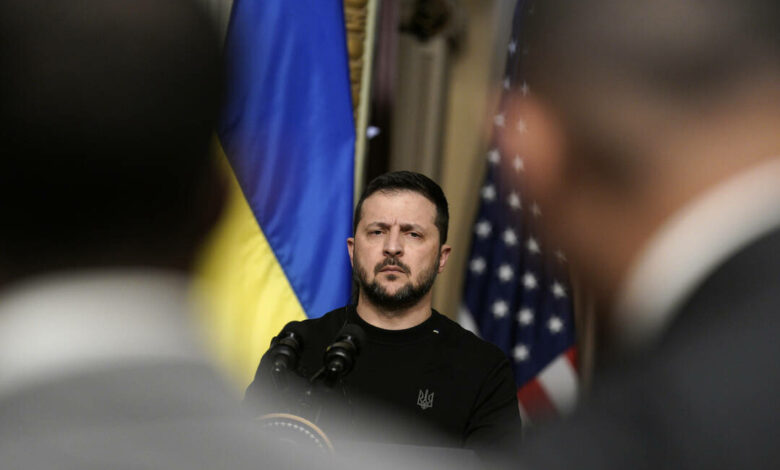
The United States and NATO countries have several objectives they aim to achieve by convening the so-called “Peace Summit” in Bürgenstock, Switzerland, on June 17, 2024.
First and foremost, they seek to legitimize Ukrainian President Volodymyr Zelensky, whose legal and constitutional term ended on May 20, 2024, making him an illegitimate president. Despite its proclaimed commitment to democracy and freedom, the United States has not criticized Zelensky’s continued stay in power. Instead, Washington has deemed this an internal matter, claiming it cannot interfere out of respect for the independent decision of a sovereign state.
The summit is crucial for the West and its ally Zelensky to grant him legitimacy despite the end of his constitutional term. By doing so, they hope to draw leaders from third-world countries to participate in the summit under the pretext of discussing “peace” in global conflict zones without specifying any particular region.
According to preliminary meetings, the United States and NATO aim to use the summit to form a political alliance against countries that oppose American policies and challenge its global dominance, especially Russia and China. This effort seeks to maintain their unilateral control over global decisions, favoring their interests at the expense of other nations.
During the summit, Zelensky’s ten-point initiative will be presented and adopted. This initiative demands that Russia withdraw to its initial war lines and portrays Ukrainian forces as victorious, despite losing several regions that have officially joined Russia. The initiative also calls for the withdrawal from Crimea. Leaders of third-world countries will be pressured to agree to the summit’s outcomes, including Zelensky’s demands, effectively making all participants tacit members of NATO.
It is also evident that Ukraine’s allies harbor ambitions for its territories. Despite their public support, Poland’s aspirations to control adjacent areas such as Lviv have emerged, areas annexed by the former Soviet Union after World War II. Warsaw has even expressed readiness to send military forces to support the Ukrainian army.
Third-world countries, including Arab states, should carefully consider their decisions before agreeing to any outcomes from this summit. Otherwise, they might find themselves inadvertently aligned with one side against another, becoming part of a potentially losing coalition.


